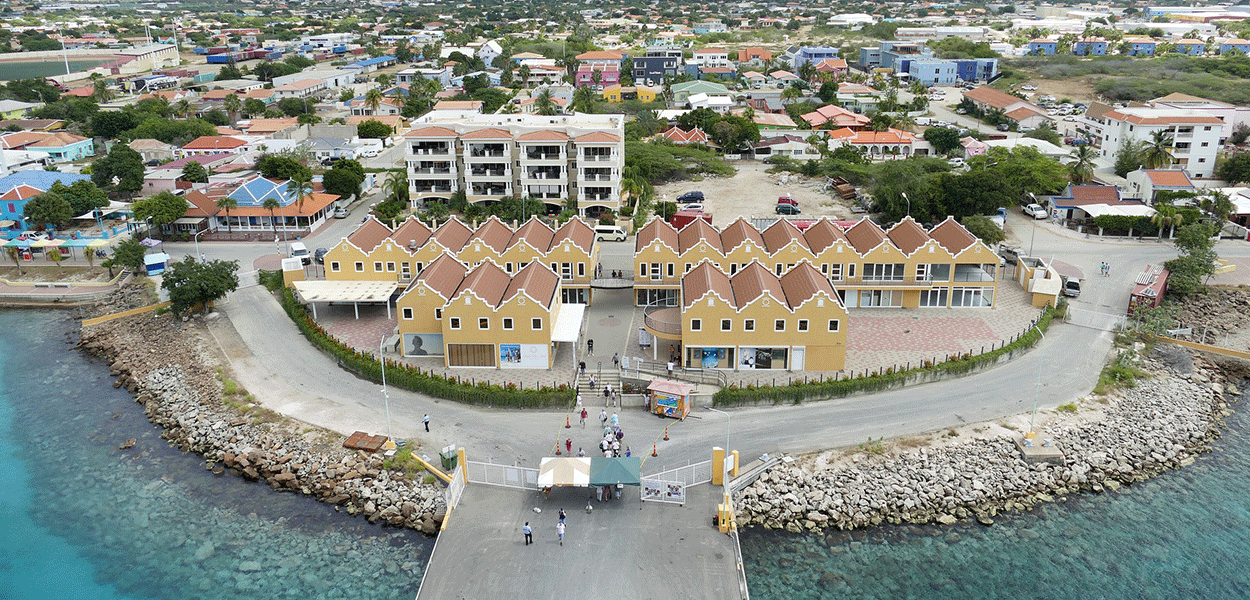The research was done at the International Institute of Social History (IISG) and took one year. A team of seven researchers worked in differing configurations to the project. The research focused on the involvement of predecessors of the bank with slavery in the 18th and 19th century, in the Atlantic and Asia. For instance, not only did Hope & Co. gain a large percentage of its profits from slavery-related acitivities, they also actively interfered with the plantation's affairs. Mees & Zoonen were insurance agents for slave ships and transports of products harvested by enslaved people.
‘Direct impact’
Brandon, head of research: "The investigation brings new information about the involvement of the historical predecessors of ABN AMRO with slavery, and about the financial sector of which they were a part of. Hope & Co. was at the end of the 18th century the largest Dutch financial and commercial enterprise. Slavery-related activities were a core business of the company. Mees & Zoonen was a smaller player, but her activities were also deeply entwined in slavery. Financial decisions made in offices in Amsterdam and Rotterdam had a direct impact on the lives of thousands of enslaved people."
De Kok, postgraduate researcher of the IISG: "Based on a large scale reconstruction of Hope & Co's accounting, we conclude that between one-fourth to one-third of all the company's profits in the sample years 1770 and 1790 came from slavery. The report also highlights the experienced of the enslaved, including moments of resistance."
Apologies
The board of ABN AMRO got an early insight into the findings, and apologizes for its past involvement with slavery. The bank has also discussed the results of the research with various representatives from the communities of the descendants.
CEO Robert Swaak: "In the more than 300 years of history of ABN AMRO, the bank has a lot to be proud of. We also have to recognize that this prestigious history also its shadow sides. The current ABN AMRO cannot reverse this period of her history. And we realise that this injustice from the past has still continued even after the official abolishment of slavery. We still see its effects in our society, in the form of discrimination and structural inequality. ABN AMRO offers her apologies for the actions and the pain it has inflicted in the past."
Image: View on the quarters for the enslaved of a plantation in Suriname, mid 19th century. Collection Rijksmuseum Amsterdam.

